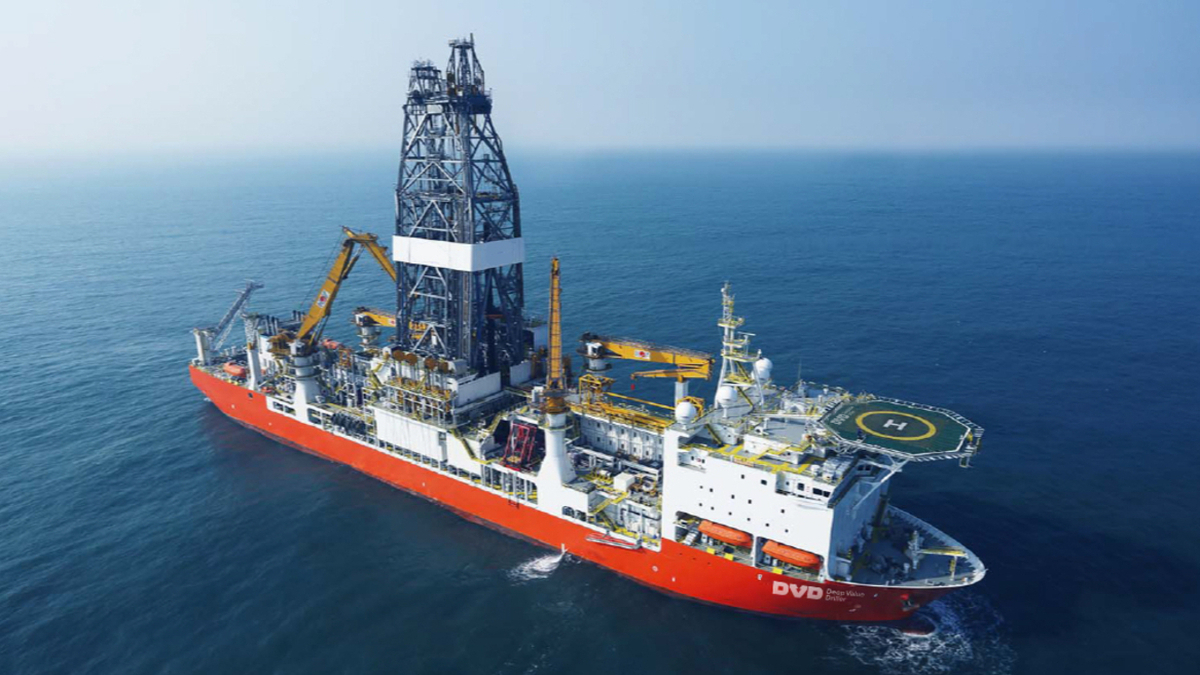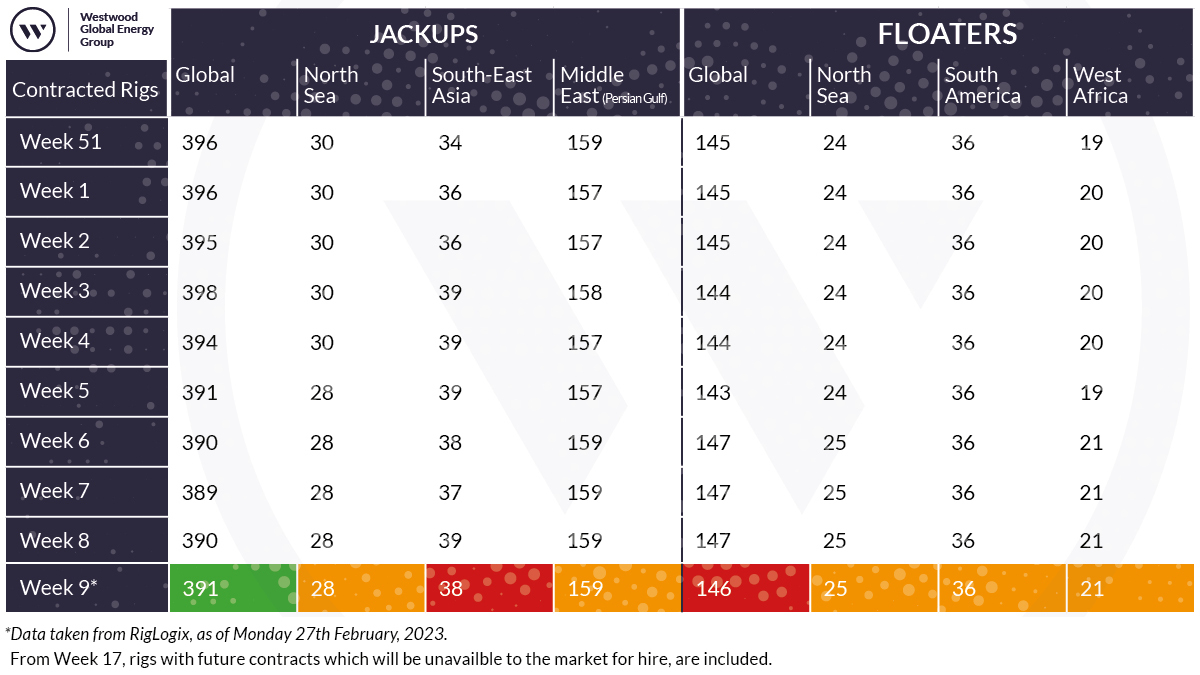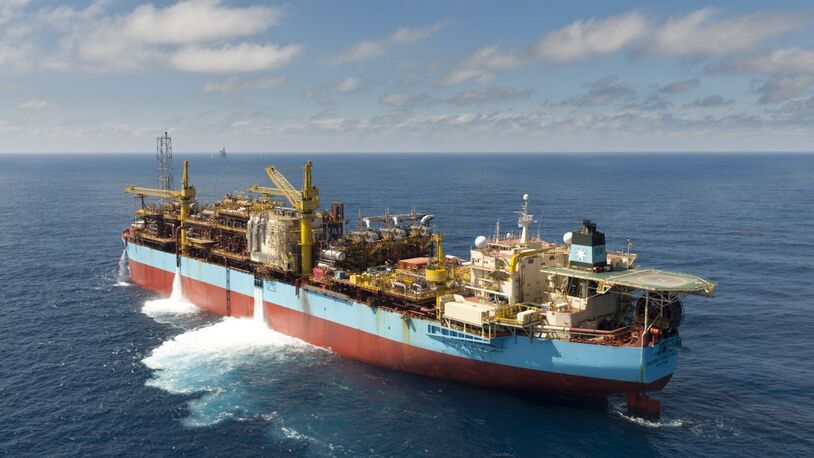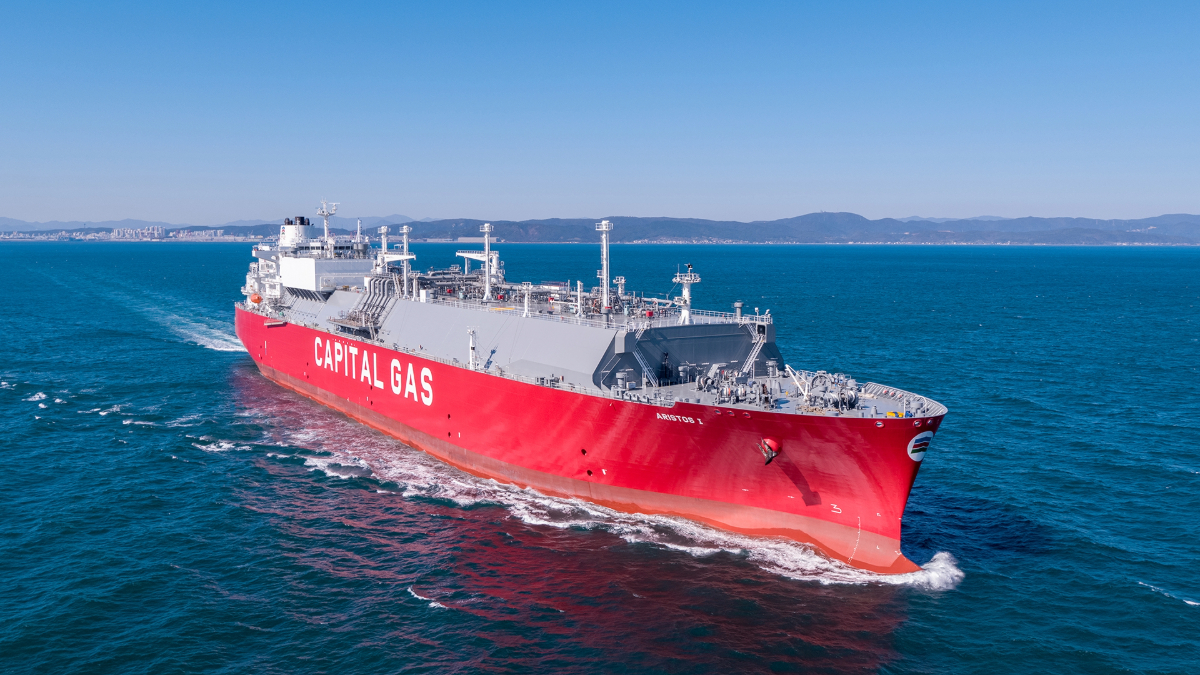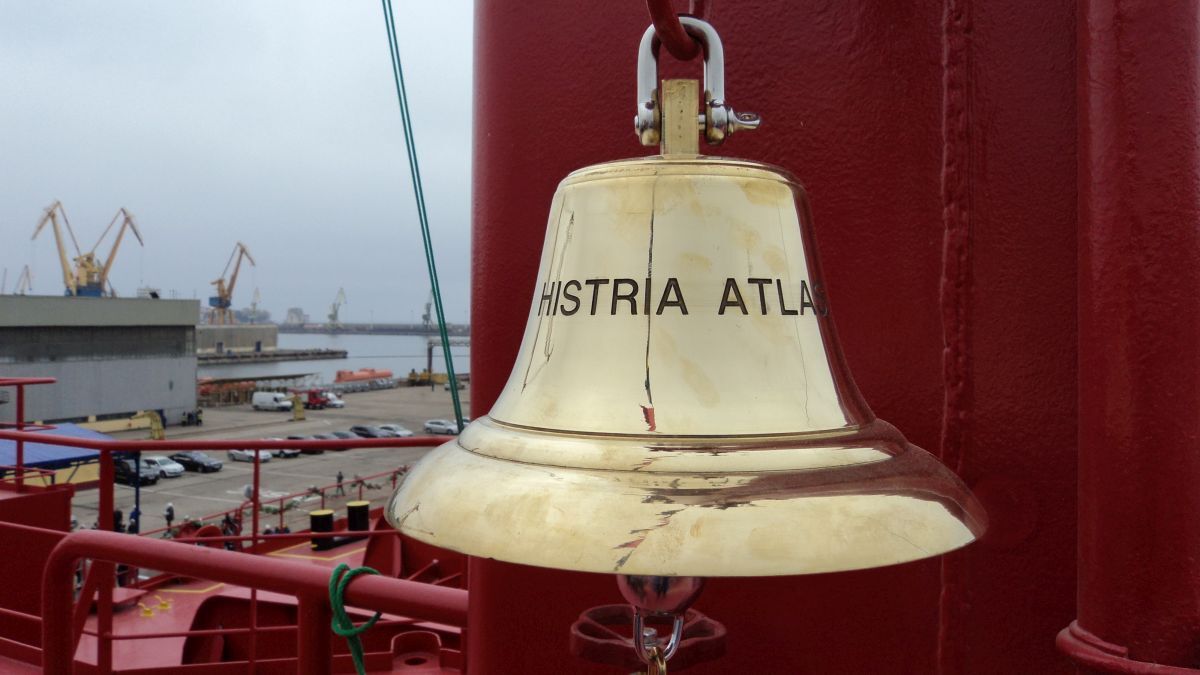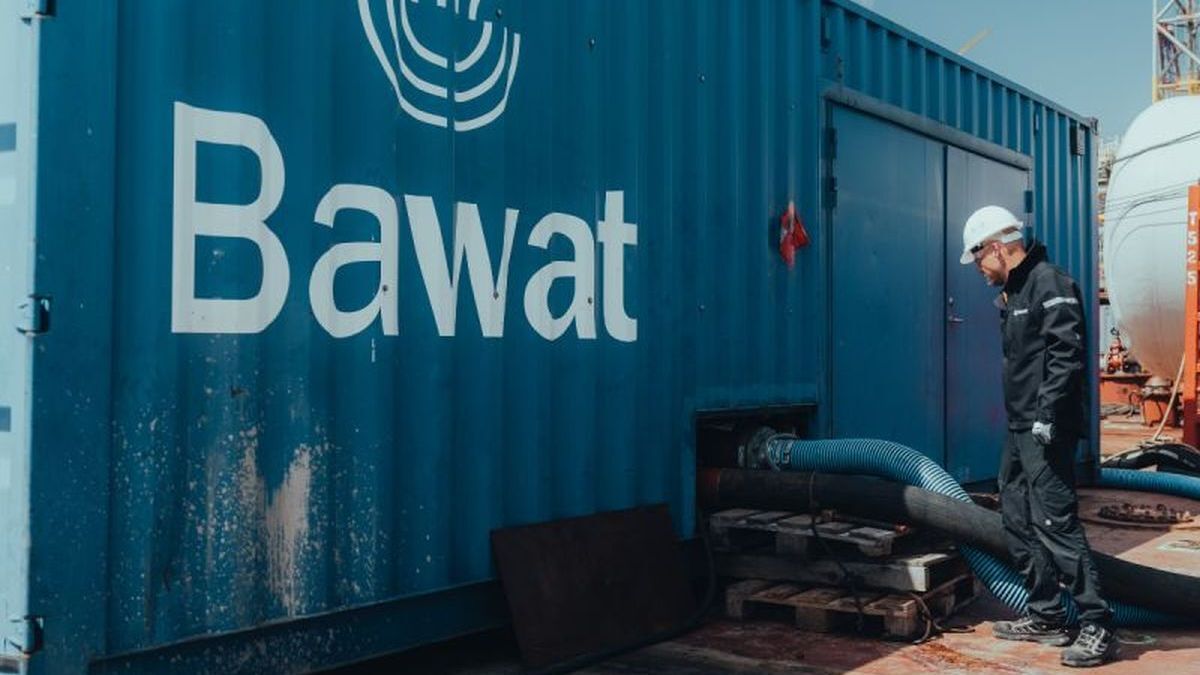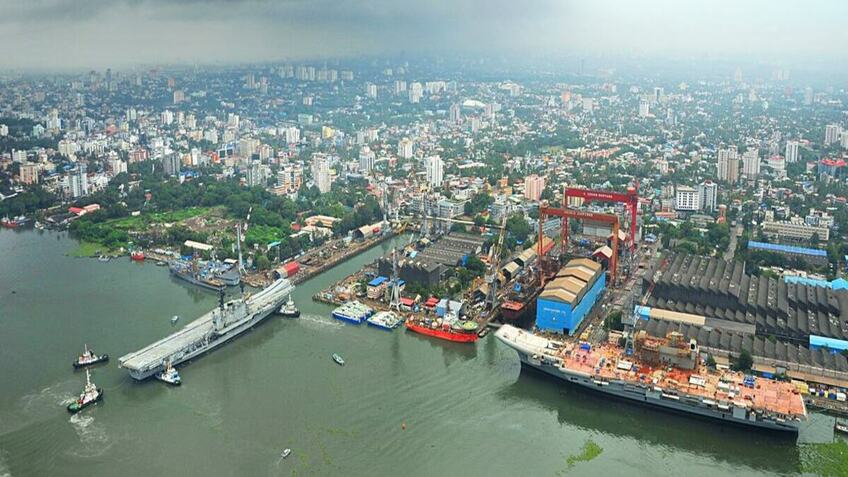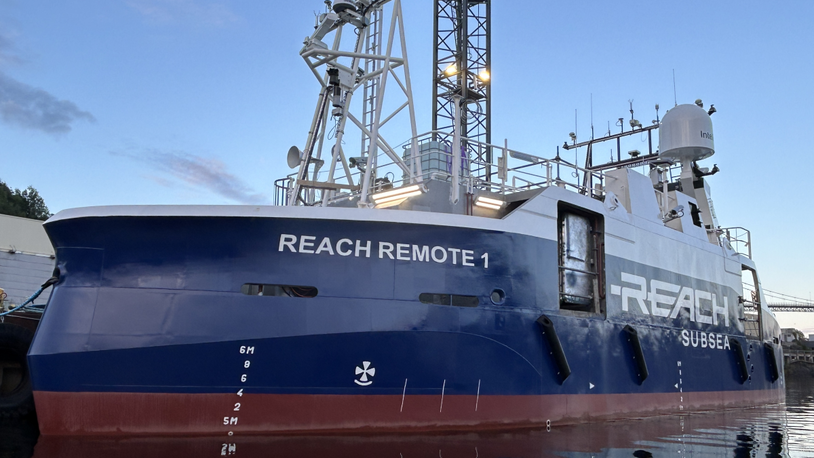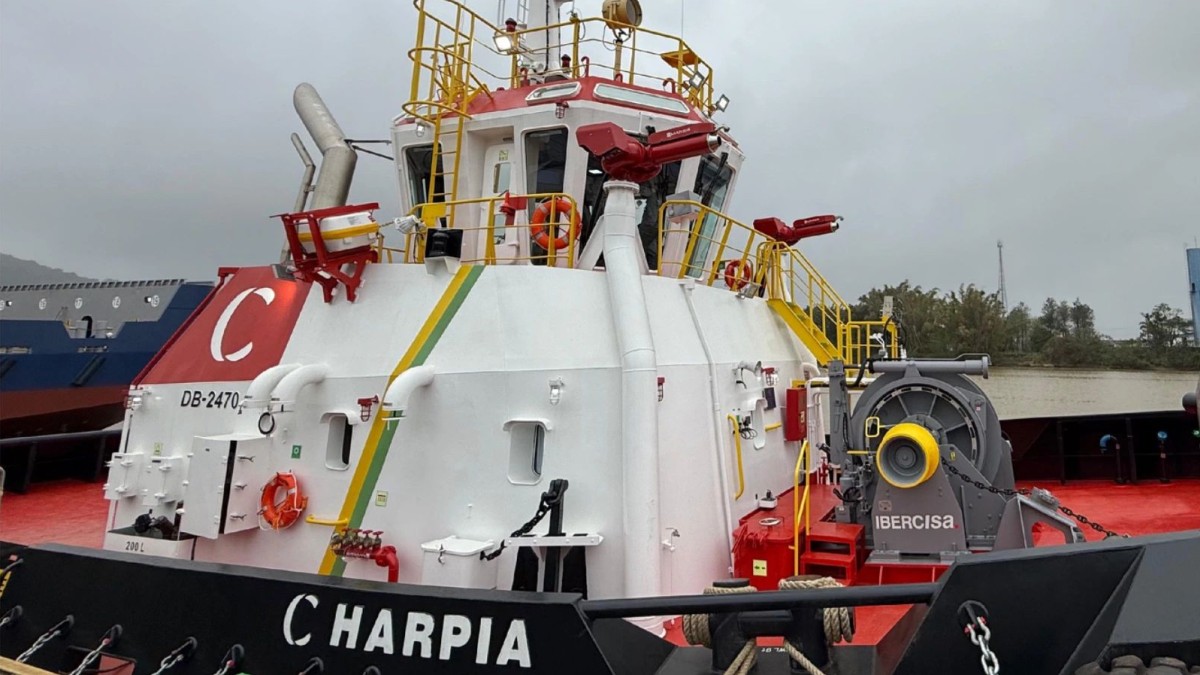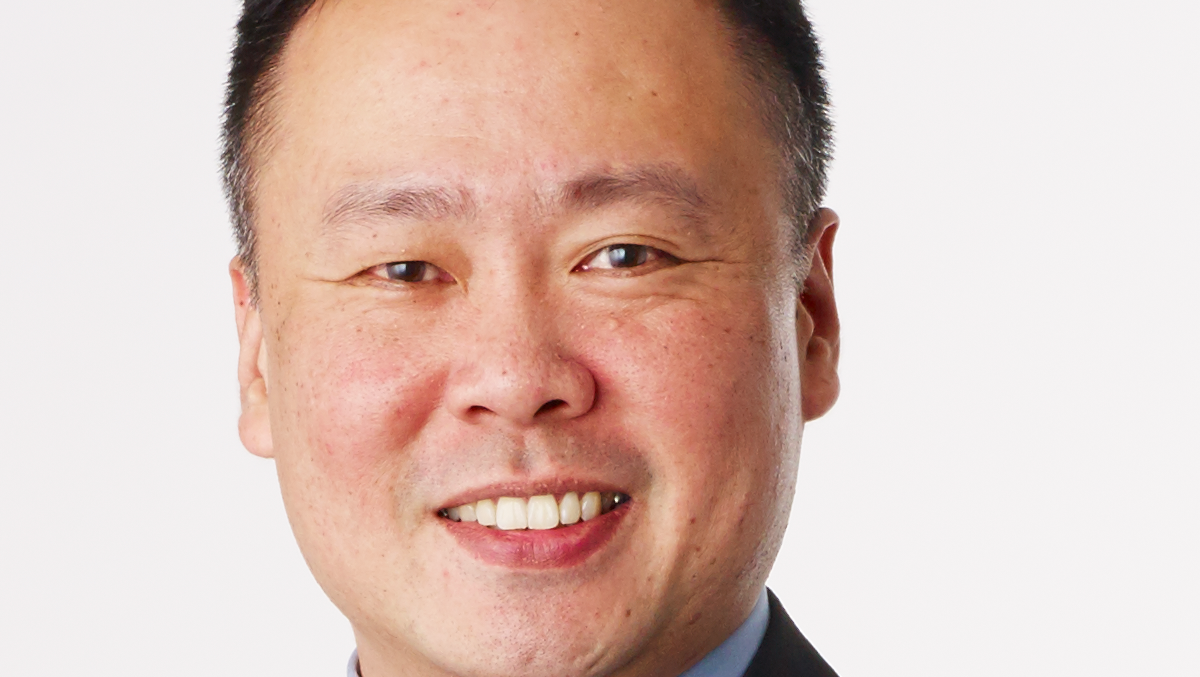Business Sectors
Events
Offshore Wind Webinar Week
Contents
Register to read more articles.
Rigs report: Noble-Maersk Drilling merger's US$50M 'synergies'; Saipem floats asset sales
Noble Corp reported that its integration with Maersk Drilling is “well underway”, while Saipem plans to divest some of its shallow-water assets to raise €750M
The merger between Noble Corp and Maersk Drilling closed 3 October 2022 with Noble Corp chief executive Robert W Eifler noting, “Since the closing of the merger, our team has come together impressively. As a newly combined company, we generated strong free cash flow, implemented a return of capital programme, and are well on track to achieving our synergy target of US$125M, with US$50M realised as of the end of 2022.”
Contract drilling services revenue for Q4 2022 totalled US$586M (compared with US$289M in Q3), an increase primarily attributed to the business combination.
Fleet utilisation stood at 88% in the three months ending 31 December, while net cash provided by operating activities in the quarter was US$171M.
Noble Corp’s marketed fleet of 16 floaters was 91%, contracted through Q4 2022 compared with 96% utilisation on nine floaters in the prior quarter.
The change reflects the addition of seven ultra-deepwater rigs added from the Maersk Drilling fleet. Tier 1 drillships remain at or above 95% marketed utilisation, with leading edge day rate fixtures steadily increasing and currently in the low to mid US$400,000 range.
Noble Corp has secured 24 months of additional backlog across four sixth and seventh-generation drillships at an average day rate above US$420,000. The company said its average day rate across its US$2.7Bn floater backlog is approximately US$400,000.
While more than half the company’s 2024 floater days remain uncommitted, Noble Corp believes the current market dynamics offer reasons for optimism.
Jack-up utilisation was up to 85% in Q4, up from 82% in Q3 2022. The company added 10 new units from the Maersk acquisition and sold five Noble jack-ups to a subsidiary of Shelf Drilling as part of a merger remedy.
Noble Corp’s backlog at the end of the quarter stood at US$3.9Bn.
Singapore’s Sembcorp Marine also reported positive results for the financial year 2022, notching S$7Bn (US$5.2Bn) in contracts. The company’s orderbook for the year ending 31 December 2022 stood at S$6.7Bn (US$5Bn).
Italian oilfield services firm Saipem is looking to raise about €750M (US$794M) from the partial sale of assets in its drilling business, in particular shallow-water vessels. The group has faced financial trouble of late. A profit warning in January 2022 sent shares tumbling 30% and the company launched a €2Bn (US$2.1Bn) capital raise to help fund a turnaround in its fortunes, and later divested its onshore drilling business, with UK-based KCA Deutag closing its acquisition of the Kuwaiti arm of Saipem’s onshore drilling assets February 2023.
Late on Monday, the group said it had raised its earnings expectations for 2023 and the next few years after beating 2022 targets. At the company’s 2022 earnings call 28 February, chief executive Alessandro Puliti said Saipem expects to gradually restart work on the TotalEnergies-led Mozambique LNG project. The proposed LNG project is located in Mozambique’s troubled Cabo Delgado province which has seen a growing Islamist insurgency for years now.
In February, Total tasked Jean-Christophe Rufin, an experienced professional in humanitarian action and conflict zones with “an independent mission to assess the humanitarian situation in Cabo Delgado province” in the hopes of restarting the stalled US$20Bn project.
Saipem is chartering seventh-generation drillship Deep Value Driller. The vessel is the sole asset of an Oslo-listed company with the same name. The contract covers an estimated firm period of approximately three years with a one-year extension. At an estimated day rate of about US$146,000, the contract adds approximately US$160M of firm revenue backlog to the Deep Value Driller Group.
Saipem is also exploring the potential use of biofuels on its drillships, particularly those in the Mediterranean Sea. And to that end has inked a memorandum of understanding with Eni Sustainable Mobility.
Eni has produced biofuels since 2014, following the conversion of the Venice and Gela refineries into biorefineries. Saipem estimates biofuel use will allow it to potentially reduce emissions by around 550,000 tonnes of CO2 per year.
Finally, Shipbroker Simpson Spence Young (SSY) has acquired offshore specialist Westshore Shipbrokers. The acquisition of the Norwegian broker is part of SSY’s wider strategy to enter into the global offshore sector and complement its existing shipbroking services. SSY has also appointed Roar Adland as global head of research, effective from May 2023. Mr Adland has 20 years of professional experience, gaining a PhD from MIT and has held senior positions at the Norwegian School of Economics and shipbroker Clarksons.
Sign up for Riviera’s series of technical and operational webinars and conferences in 2023:
- Register to attend by visiting our events page.
- Watch recordings from all of our webinars in the webinar library.
Related to this Story
Events
Offshore Wind Webinar Week
Maritime Decarbonisation, Europe: Conference, Awards & Exhibition 2025
Offshore Support Journal Conference, Americas 2025
© 2024 Riviera Maritime Media Ltd.


